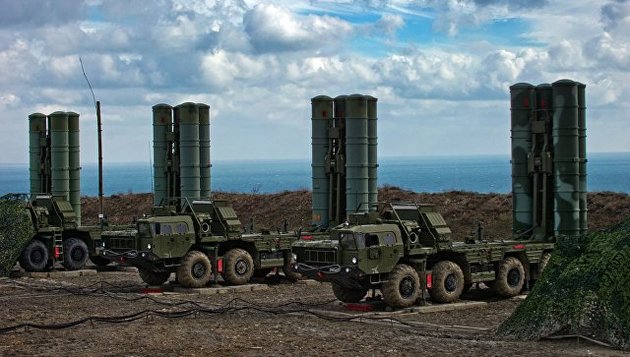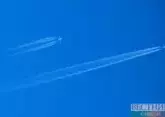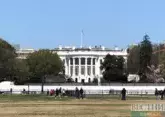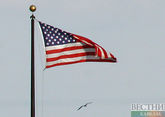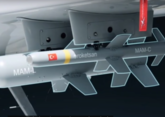The purchase of Russian S-400 defence systems by Ankara drew a response from Washington, as the Trump administration expelled Turkey from the F-35 Joint Strike Fighter Program and threatened sanctions against the country for buying Russian-made defence weapons.
A Republican member of the US Senate has proposed legislation that would make it possible for the United States to buy Turkey's S-400 Russian-made defence system amid issues between Washington and Ankara over Turkey's purchase of Russian gear.
The proposal was made by Senate Majority Whip John Thune, which envisaged an amendment to the 2021 National Defense Authorization Act that could allow Washington to purchase the gear via the U.S. Army procurement budget.
"Such sums as may be necessary are authorized to be appropriated for the Army for ‘Missile Procurement, Army’ for the purchase of an S-400 missile defense system," the proposed amendment's text reads.
The amendment also suggested that proceeds of the S-400 purchase "will not be utilized to purchase or otherwise acquire military apparatus deemed by the United States to be incompatible with NATO".
Senate Foreign Relations Committee Chairman Jim Risch introduced a tougher amendment that would make the Trump administration impose sanctions on Turkey under the Countering America’s Adversaries Through Sanctions Act (CAATSA), 30 days after the proposed NDAA is passed, Sputnik recalls.
CAATSA envisages putting any country that buys major defence equipment from Russia under sanctions. Because of Turkey's purchase of S-400, the US threatened to sanction the country, while also expelling the country from its multinational F-35 Joint Strike Fighter Program and pressuring Turkey to give up on the Russian S-400 it bought in 2019. Turkish President Recep Tayyip Erdogan refused to do so and weighed the possibility of continued cooperation with Russia on the S-400, despite delays resulting from the ongoing coronavirus pandemic.
The U.S. claimed that S-400 defence systems may compromise F-35 fighter jet operations and do not fit NATO standards, assertions that Ankara has denied.
